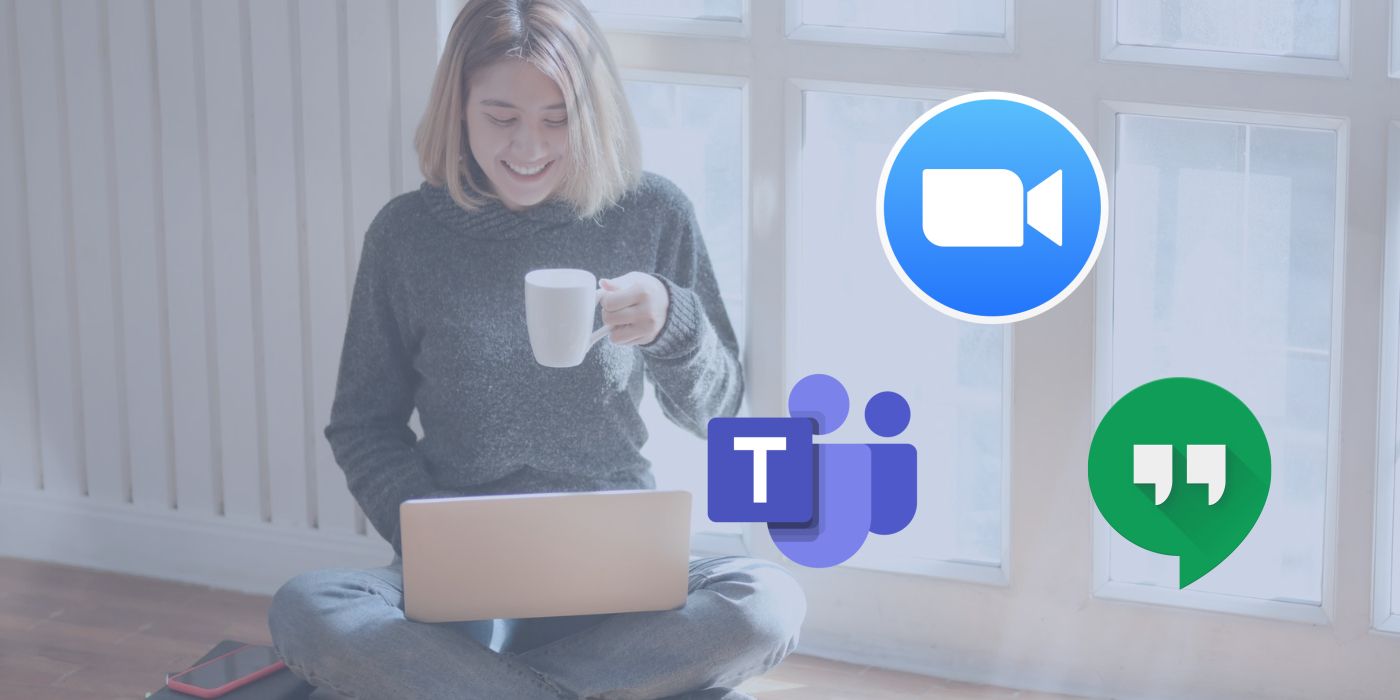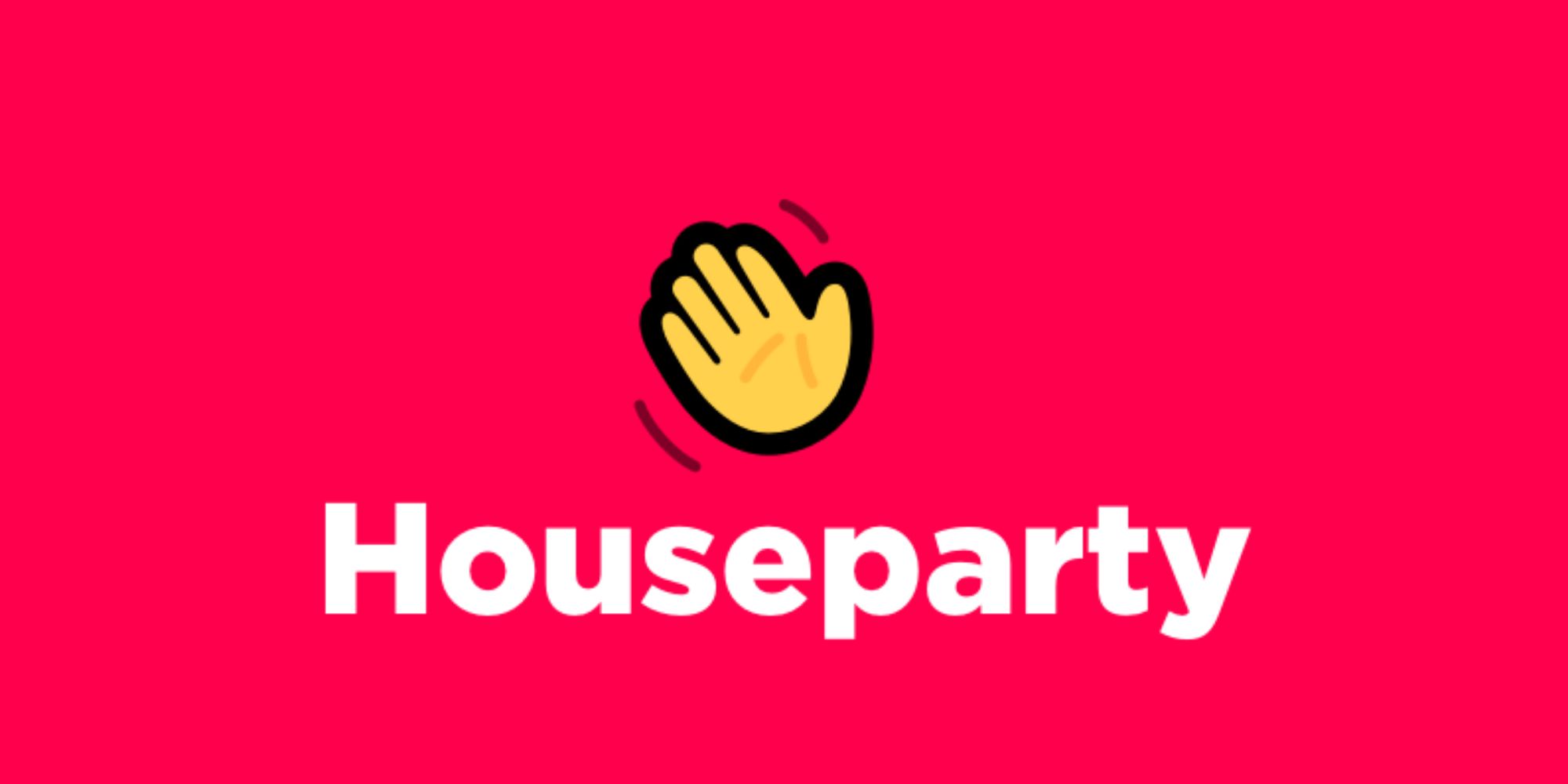The coronavirus has disrupted just about every industry on Earth but it has also produced a far greater need for video messaging apps than anyone anticipated. Services like FaceTime, Google Hangouts, Skype, and Zoom have existed for years, but the current cross-section of people being forced to handle work and school duties from home, and just about everyone possessing a device with a front-facing camera, has thrust the world into a video-chatting future straight out of a sci-fi movie.
White-collar jobs around the world have attempted to adapt to social distancing rules by having employees work from home whenever possible. Meanwhile, most schools in the US are either closed completely or offering as much of a curriculum as they can via the internet. In these situations, the appeal of a video chat option is apparent. The face-to-face aspects of communication are an obvious advantage, but the other major reason people like video messaging apps is how minimalist they can be. These days, most devices with a front-facing camera also have excellent microphones, tuned to let users video chat without worrying about headsets or desk mics. The ability to simply join a call and start talking has unexpectedly become even more convenient, at times, than talking on a phone.
The simplicity and accessibility of video conferencing have led to an unprecedented boom in the app space for these sorts of programs. A report from the app marketing analysis firm App Annie examines the data behind this trend. Based on their data, Zoom is the clear winner right now. The app reportedly managed to outpace its weekly average download rate from 2019, netting 14 times the old average in the US, 20 times that in the UK, and 55 times that in Italy. Hangouts Meet and Microsoft Teams experienced similar, double-digit increases in download rates compared to last year's averages.
Social Isolation's Effect on Social Media Platforms
The aforementioned conferencing apps do tend to focus on creating a professional, collaborative environment for those working from home, but this period of social distancing has been hugely beneficial for other forms of online communication. The Houseparty app has seen monumental growth over the last month, which is especially remarkable since it struggled to find mainstream success for years. App Annie reports the casual conferencing app's biggest gains were in Europe and, specifically in Spain, it has shown a 2360-fold increase in downloads since 2019.
People's need to communicate has clearly fueled this wave of video conferencing but some of it can also be attributed to the nature of social media. The likelihood that users will use an app repeatedly increases significantly for each person they befriend on that platform. Once an app becomes part of a user's daily life, they're also more likely to suggest others join, and the base expands exponentially. Even online social spaces outside of the video conferencing category, like online video game services and standard social media sites, have reported dramatic increases in user interaction. It turns out, people love communicating online when they're stuck at home.
Source: App Annie


